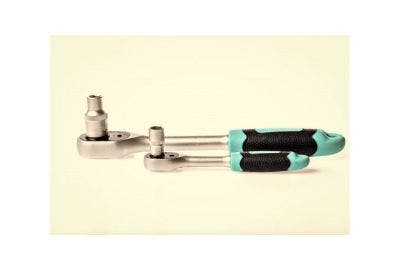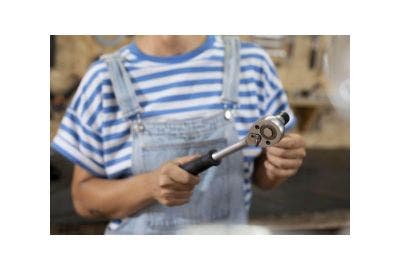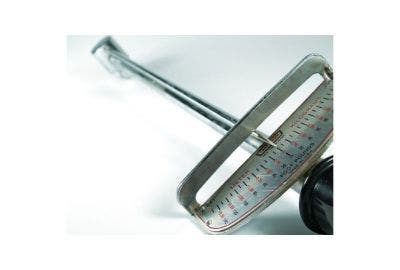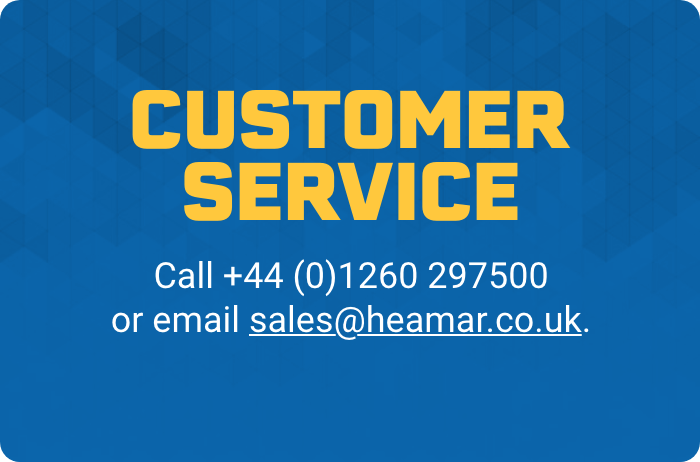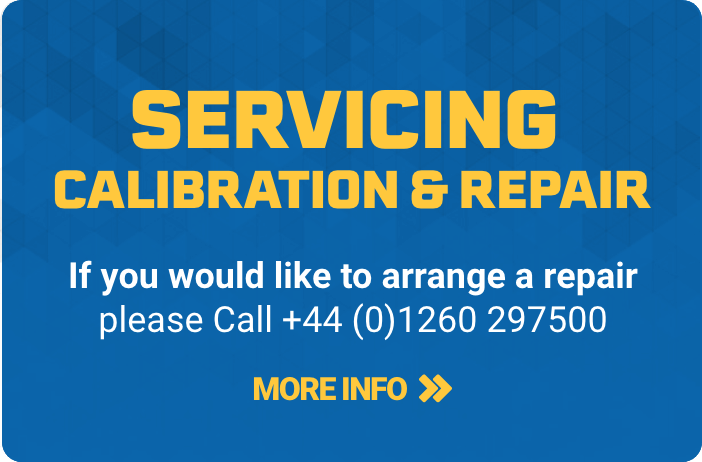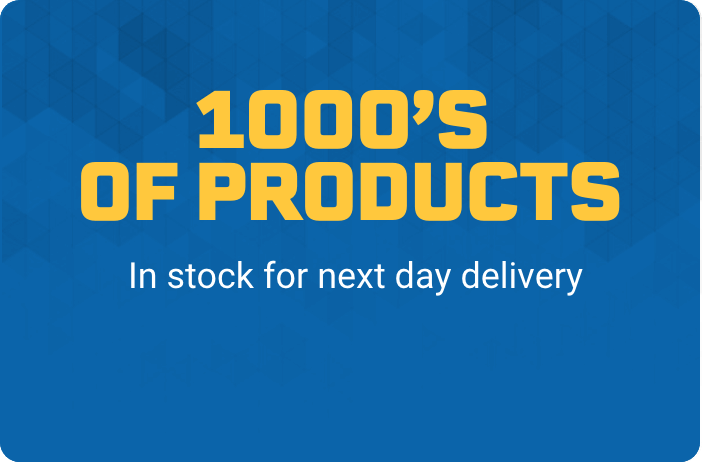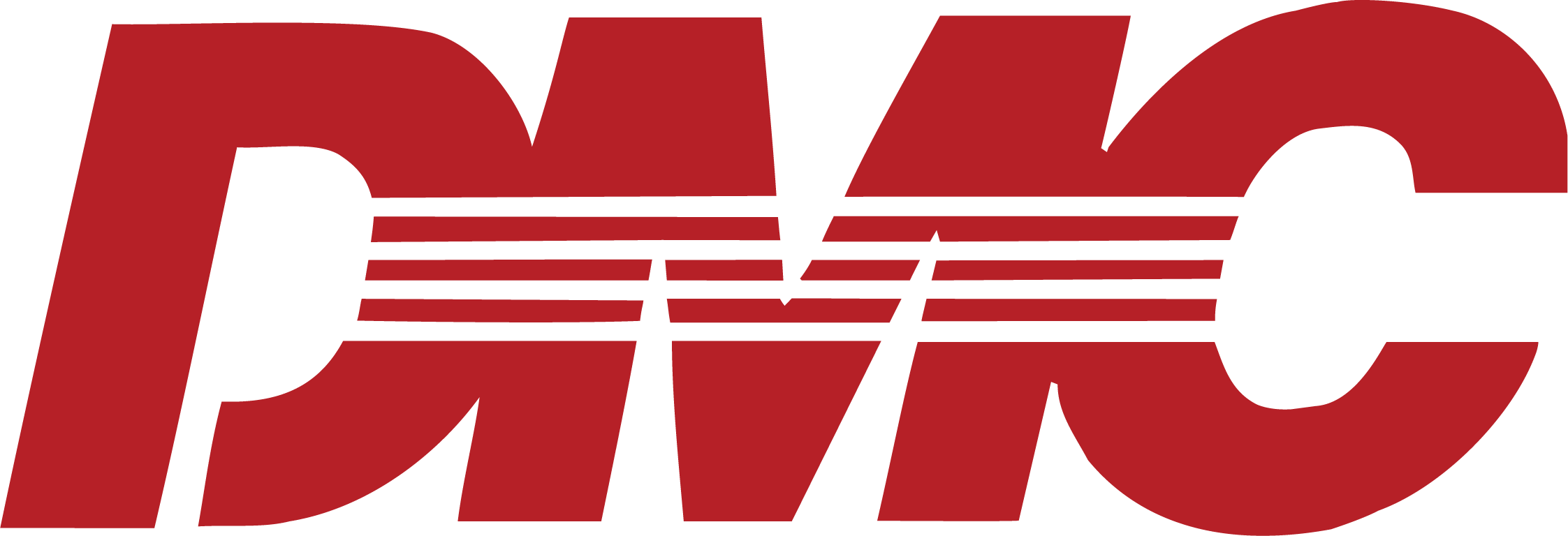Torque tools are essential across various industries, playing a key role in ensuring fasteners are tightened correctly to maintain safety and functionality. Whether used in automotive manufacturing, aerospace engineering or home improvement projects, the precise application of torque is crucial for the stability and durability of assembled components.
The measurement of torque has evolved significantly since the early 20th century when tools were simpler and entirely manual. These early versions provided a foundation for the modern, more advanced tools we rely on today. Over time, as the demands of various industries grew, torque tools have developed to offer greater accuracy and easier operation, incorporating digital features and more refined designs.
This guide will cover everything you need to know about torque tools, including their different types, specific uses, and important maintenance practices. Whether you’re a professional in a technical field or a DIY enthusiast, understanding how to select and care for the right torque tool can greatly influence the outcome of your work. Join us as we explore the details and importance of torque tools in various applications.
Types of Torque Tools
Torque Wrenches
Torque wrenches are widely used tools designed to apply a specific torque to a fastener such as a nut or bolt.
They come in various types, including beam, click, dial and electronic torque wrenches. Each type has its own set of features and applications. Beam wrenches are simple and durable, using a deflecting beam to indicate the applied torque. Click wrenches are popular for their audible click when the set torque is reached, providing a clear signal to the user.
The dial version offers high accuracy with a dial gauge to display the torque, making them ideal for precise applications. The electronic version provides digital readouts and data logging capabilities, offering advanced functionality for professional use. These are commonly used in automotive, aerospace, and industrial settings, where precise torque application is needed.
The main advantage of these is their ability to prevent over-tightening and under-tightening, which can lead to equipment failure or safety issues.
However, they require regular calibration to maintain accuracy.
When choosing a torque wrench, consider the type of application, required accuracy, and ease of use. Selecting a wrench with a suitable torque range for your specific needs is also advised.
Torque Screwdrivers
Torque screwdrivers are designed to apply a specific torque to screws, making sure they are tightened correctly without damaging the screw or the material being fastened.
They are available in manual, preset, adjustable and electronic versions.
Manual screwdrivers are simple and affordable, ideal for occasional use or less demanding applications.
Preset screwdrivers are set to a specific torque value and are commonly used in production environments where the same torque is applied repeatedly.
Adjustable screwdrivers allow users to set different torque values, providing flexibility for various tasks.
Electronic screwdrivers offer digital readouts and programmable settings for precise control and data recording. These are widely used in electronics, medical devices and manufacturing industries, where precise torque control is essential.
The main benefit of these screwdrivers is their ability to prevent over-tightening and under-tightening, which can lead to product failure or damage.
When selecting a torque screwdriver, consider the type of screws, required torque range and specific application needs. Ease of use, ergonomics, and reliability are also factors you will need to consider.
Torque Multipliers
Torque multipliers are devices that increase the torque applied to a fastener without requiring additional force from the user.
They work by using a gear mechanism to multiply the input torque, making it possible to achieve high torque values with less effort. These are particularly useful in applications where high torque is required, but space is limited or where using a large torque wrench would be impractical.
Common uses include heavy machinery maintenance, large vehicle repair and industrial applications.
The primary advantage of torque multipliers is their ability to provide high torque output with minimal physical effort. They also reduce the risk of injury from using excessive force.
However, they can be more expensive and require proper maintenance for longevity.
When choosing a torque multiplier, consider the required torque output, gear ratio, and ease of use. You need to select a multiplier compatible with your existing appliances and fasteners.
Digital Torque Tools
This represents the latest advancement in torque technology, offering precise control and advanced features.
These digital torque tools include wrenches and screwdrivers, which provide electronic readouts of the applied torque, improving accuracy and ease of use. Compared to traditional torque tools, digital versions offer several benefits. They provide real-time feedback, store data for quality control, and often include programmable settings for different torque values.
This makes them ideal for applications where precision and documentation are also required, such as in aerospace, automotive, and high-tech manufacturing.
They are particularly beneficial in quality-sensitive environments where consistent torque application is necessary to meet strict standards. They can also reduce user fatigue by providing visual and audible signals when the desired torque is reached.
When selecting a digital torque tool, consider the required accuracy, ease of use, and additional features such as data storage and connectivity options. Although they are typically more expensive than traditional tools, the benefits they offer in terms of precision and functionality can justify the investment.
Applications of Torque Tools
Automotive Industry
In the automotive industry, these are essential for both manufacturing and repair processes.
They are used to apply specific torque to components like engines, transmissions, and suspension systems, which is helpful for vehicle safety, performance, and longevity.
For example, they can be used to tighten bolts and nuts to precise levels, preventing issues such as loose parts or overtightening, which can lead to component failure.
This improves efficiency and accuracy in automotive workshops and manufacturing plants. Proper torque application means that parts are securely fastened without being damaged.
Aerospace Industry
In the aerospace industry, there is a need to maintain high standards of safety and precision.
Aircraft components must be assembled and maintained with exact torque specifications to guarantee the safety and reliability of the aircraft. These tools are used extensively in assembling airframes, engines, and other critical components.
The precision offered by these helps maintain the structural integrity of the aircraft and reduces the risk of mechanical failures during operation. For instance, during aircraft maintenance, torque wrenches are used to secure bolts and fasteners, tightening them to the correct specifications.
Manufacturing and Assembly
These are also helpful in manufacturing and assembly lines, where consistency and precision are key.
They are used to assemble products ranging from electronic devices to heavy machinery, applying the specified torque levels to all fasteners.
In manufacturing, they help maintain product quality and uniformity. For example, in the production of electronic devices, torque screwdrivers are used to secure small screws without damaging delicate components.
This precision improves product reliability and reduces the likelihood of returns due to assembly errors. In assembly lines, using torque equipment increases efficiency and reduces the risk of human error. By standardising the torque applied to fasteners, these tools help maintain high standards of production quality and speed.
Home and DIY Use
These are not just for professionals but also highly beneficial for home projects and DIY enthusiasts.
They help make sure that home repairs and projects are done correctly and safely, providing the same level of precision and reliability as in professional applications.
Common home applications of torque tools include assembling furniture, repairing bicycles and undertaking automotive repairs. For example, using a torque wrench to tighten bolts on a bicycle means that they are neither too loose nor too tight, which can prevent accidents and damage.
For DIY projects, the screwdrivers are particularly useful for tasks that involve securing screws, such as installing shelves or assembling flat-pack furniture.
The precision offered by these makes them ideal for properly tightening screws without stripping or damaging the material. Using torque equipment at home can make DIY projects easier and more enjoyable, providing professional-level results.
Factors to Consider When Buying Torque Tools
Accuracy and Precision
When buying torque tools, accuracy and precision are needed.
Accurate torque equipment helps achieve the correct tightness, preventing damage to fasteners and components. To evaluate precision, look for tools that come with calibration certificates and have high accuracy ratings.
Consider tools with a clear and readable scale or digital display to reduce the chances of error. Accurate torque tools are essential for applications where precision matters, such as in the aerospace and automotive industries.
Range and Capacity
Understanding torque range and capacity is needed to select the right tool for your needs.
Torque tools come with varying ranges, so it’s advised to choose one that matches the torque requirements of your specific applications. Using a tool outside its recommended range can lead to inaccurate readings and potential damage.
Consider the maximum and minimum torque values you’ll need and select a tool that covers this range. For versatile use, an adjustable torque tool with a wide range can be a practical choice.
Durability and Build Quality
Durability and build quality are significant factors in choosing torque tools.
Tools made from high-quality materials, such as steel or alloy, tend to last longer and perform better under heavy use. Look for features like corrosion-resistant finishes and sturdy construction.
Investing in durable torque tools can save money in the long run by reducing the need for frequent replacements.
Ease of Use
Ease of use is a major consideration when selecting torque tools. Tools that are user-friendly help increase efficiency and accuracy in applications.
Features to look for include ergonomic handles, clear displays, and intuitive controls. Lightweight designs can reduce user fatigue, especially during prolonged use.
Test the tool, if possible, to make sure it feels comfortable and easy to operate. User reviews can also provide insights into the usability of the tool in real-world conditions so it’s worth taking some time to do your research prior.
Cost
Cost is always a factor when purchasing torque tools.
While it’s tempting to go for the cheapest option, balancing cost with quality and features is the best idea.
Cheaper tools may lack durability and accuracy, leading to more frequent replacements and potential damage to your work. Consider cost-effective options from reputable brands that offer a good balance of performance and price.
Remember that a higher upfront investment in a quality tool can provide long-term value through reliable performance and reduced maintenance costs.
Maintenance and Calibration of Torque Tools
Regular torque tool maintenance and calibration of torque tools are essential for their accuracy and longevity.
Proper maintenance involves routine cleaning, inspection for wear and tear, and lubrication of moving parts. This helps prevent damage and keeps the tools operating smoothly.
Calibration is necessary to verify that the tool provides accurate torque measurements. Over time, torque tools can drift out of calibration due to regular use and environmental factors. It’s recommended to calibrate torque tools at least once a year, or more frequently if they are used heavily.
To calibrate a torque tool, it is best to use a professional calibration service or a certified calibration device.
This process involves comparing the tool’s output to a known standard and making any necessary adjustments. Regular calibration maintains the tool’s precision and reliability.
By performing regular maintenance and calibration, you can extend the life of your torque tools and keep them delivering accurate results.
Selecting the right torque tools is key for achieving precise and reliable results across a wide range of applications, from automotive repairs to aerospace engineering. Throughout this guide, we’ve explored the different types of torque tools, their benefits, and their critical roles in maintaining safety and efficiency in both professional and home environments.
When purchasing torque tools, it's important to consider factors like accuracy, range, durability, ease of use, and cost. Investing in high-quality tools not only ensures better performance but also reduces the long-term costs associated with frequent replacements and potential damage caused by imprecise torque applications.
Regular maintenance and calibration are equally vital to extending the life of your torque tools and preserving their accuracy. By following the guidelines outlined in this guide, you can maintain your tools in optimal condition, ensuring they deliver consistent, reliable results every time.
At Heamar we offer a comprehensive range of products designed to meet the highest industry standards. Reach out to us via our contact page for any further assistance.
Properly maintained and accurately calibrated torque tools will not only enhance your work quality but also contribute to safer and more efficient operations across all your projects.


